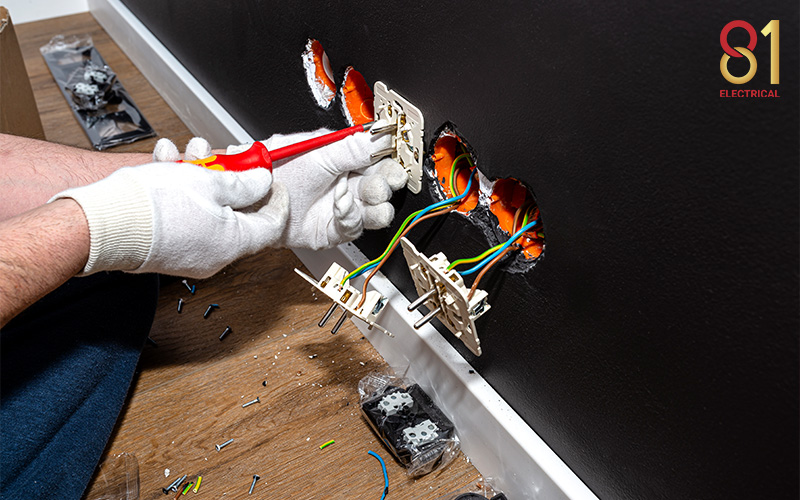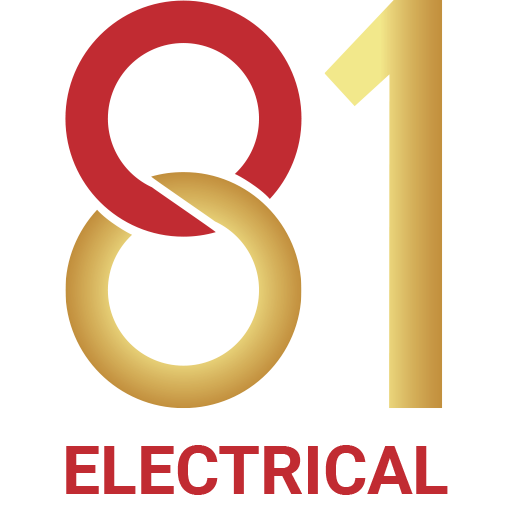Understanding Electrical Code Compliance in Singapore

Key Takeaways:
Why Is Electrical Code Compliance Important in Singapore?
- Compliance ensures that all installations meet strict safety standards outlined by SS 638 and enforced by the EMA.
- It is essential for preventing fire hazards, electric shocks, equipment damage, and power failures.
Introduction
Electrical code compliance is both a legal obligation and a key safety measure in Singapore. These rules form the foundation of safe and reliable electrical systems across all property types. They are designed to ensure the integrity of electrical infrastructure by enforcing proper design, installation, and ongoing maintenance practices.
This article explores what the code entails and how it impacts homeowners and businesses alike. It also explains why engaging a reliable electrician in Singapore is essential.
What Is Electrical Code Compliance in Singapore?
Compliance refers to adhering to the mandatory safety and installation standards set by the Energy Market Authority (EMA) and guided by the Singapore Standard SS 638: Code of Practice for Electrical Installations. This code applies to all types of properties, including residential, commercial, and industrial. It also outlines the minimum safety benchmarks for wiring, grounding, and circuit separation.
What Does Electrical Code Compliance Entail?
1. Work Must Be Carried Out by a Licensed Electrical Worker (LEW)
All electrical work, whether for lighting, rewiring, or distribution board upgrades, must be carried out by a LEW. Hiring unlicensed ones not only voids compliance but may also make your property unsafe. As part of the EMA electrical regulations, only EMA-certified electricians are authorised to design or certify installations. For major works, a LEW must submit Form CS3, certifying that the installation meets code requirements. If you’re looking for domestic electrical services, always verify that your contractor holds an active EMA licence.
2. Following SS 638 Standards
The SS 638 standard is the backbone of electrical safety in Singapore. A qualified electrician will ensure your project meets all SS 638 requirements, minimising risks and ensuring approval from authorities.
The standards cover key aspects like:
- Wiring integrity and layout
- Overcurrent protection and electrical load distribution
- Earthing systems to prevent shock and fire risks
- Clear separation of circuits (lighting, aircon, power points, etc)
3. Proper Use of Circuit Breakers and Residual Current Circuit Breakers (RCCBs)
Circuit protection devices must be carefully selected to match specific system requirements. A proper setup reduces the risk of downtime, damage, and injury, ensuring full electrical code compliance.

According to circuit breaker installation standards:
- All residential systems must include RCCBs to prevent electrocution.
- Loads must be appropriately distributed across Miniature Circuit Breakers (MCBs).
- Reusing old or oversized breakers can lead to power trips, short circuits, or even fires.
4. Your DB Box Must Be Accessible and Labelled
Your distribution board (DB box) is the control centre of your home or facility’s electrical system. When planning renovations, your electrical service contractor should ensure that the DB box setup meets regulatory guidelines and allows for safe troubleshooting.
Code compliance requires:
- A securely enclosed and accessible DB board
- Clear labelling of all circuits for identification
- Proper space for inspection, testing, and future expansion
5. Electrical Safety Inspection
Before any system is energised, electrical safety inspection in Singapore mandates a series of tests to confirm your installation is both safe and compliant. A licensed electrician will document and submit results for LEW certification, giving you peace of mind.
Here are some critical tests to be conducted:
- Insulation resistance test
- Earth continuity check
- Polarity verification
- RCCB trip-time test
6. Renovation and HDB Rules
If you live in a public housing flat, it’s important to note that additional HDB renovation guidelines apply. Modifications such as rewiring or installing extra power points often require prior HDB approval. Conducting any non-compliant work may result in penalties or rejected renovations. To avoid costly delays or rework, always engage contractors who are well-versed in HDB-specific electrical work requirements.
Why Compliance Is Non-Negotiable
Compliance helps safeguard your property and well-being. Ignoring proper standards can lead to serious consequences, from electrical fires and system failures to insurance claim rejections and legal liabilities.
Here’s what it’s all about:
- Keeping occupants safe from shocks, fire hazards, and system failures
- Avoiding liability in the event of an accident
- Maintaining eligibility for insurance claims
- Ensuring smooth approvals during renovation handovers and inspections
Need Help Staying Compliant?
At 81 Electrical, we specialise in helping homeowners and businesses meet every requirement under Singapore’s electrical code. As a trusted electrical service contractor, our EMA-licensed team handles everything from testing and inspection to rewiring and full DB upgrades.
Contact us for more information.



